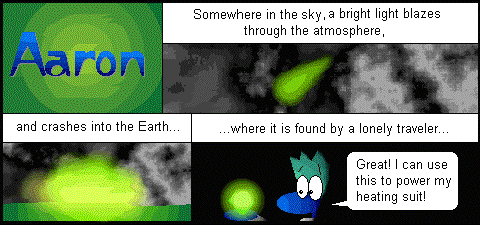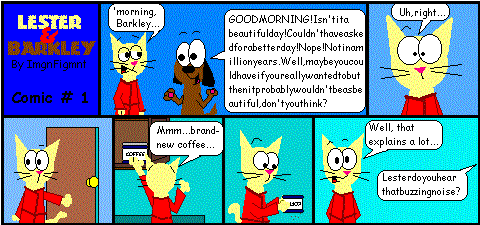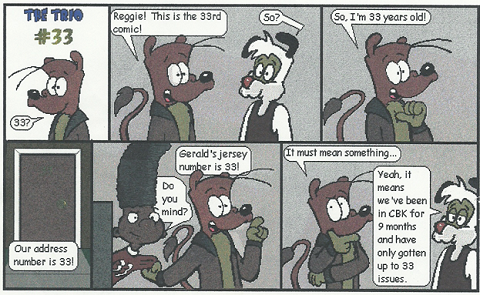I've been re-reading
A Game of Thrones in preparation for the HBO series starting later this month, and I've rediscovered several things about the book, some of which explain why I became captivated by the series (and am eagerly awaiting the long-delayed fifth book, set to be released July 12, 2011).
The
Song of Ice and Fire series is set on a parallel earth in a parallel medieval setting and involves epic battles, knights, evil sorcerers, conquerors from across the sea, fallen civilizations, and dragons. However,
The Lord of the Rings it is not (although both authors are British and have middle initials R. R.).
Despite the superficial similarity,
A Game of Thrones and its subsequent novels are not high fantasy, all noble lords and quests. The books are
dirty. They involve incest, rape, illegitimate children, eunuchs, treachery, tragedy, and above all graphic and senseless loss of life of not only "good" characters but leading protagonists (one of whom will be portrayed, interestingly enough, by Sean Bean, who also portrayed one of the few important and "good" Tolkien characters to be killed permanently). Good does not always triumph, and in fact it's not always easy to tell
who exactly
is good.
Each chapter is named after one of the characters, and the narrative is told via his or her perspective, though still in the third person. While this doesn't always give multiple views of the same action, it does bring about some troubling moments for the reader (troubling in the best way, that is). At the start, the reader is fairly sure who are the "good guys" and who are the "bad guys." It's the Starks, noble and honest, versus the Lannisters, devious and heartless. Yet early on an ambiguous character is introduced in the small form of the dwarf Tyrion Lannister, who, while no paragon of moral behaviour, is portrayed (when the author's perspective is behind him) as thoughtful, loyal, and almost kind, especially to the downtrodden and rejected. It is quite jarring when the suspicion of murder falls upon his shoulders, especially because the reader has actually no reason to doubt its truth. Later, when Tyrion is captured and tried for his alleged crime, however, the author has had a whole chapter from Tyrion's perspective to re-sympathize him to the reader, making it difficult to know for whom to cheer when his sellsword friend must duel to prove Tyrion's innocence.
I think the strangest point came later in the book, when the Starks and Lannisters were at open war. Treachery of the worst sort has led to the death of the king by the queen (a Lannister) and the imprisonment of the head of the Stark family. Tyrion's capture by Lady Stark has furthermore prompted the Lannister household to move against them. From the chapters before, which describe how cruelly and maliciously the Lannister's act, one watches as the young Robb Stark leads his troops into battle to defend his house and rescue his father eager for them to win. Then the chapter turns, and the reader is once again behind Tyrion, seeing him thrust into battle by his stern and unloving father. When the Stark battle horns sound and the armies clash, it's nothing short of jarring to realize that you are now hoping desperately for a Lannister victory. Then several more chapters down, you're on the opposite side of the battlefield, once more cheering on the Starks.
All the while, the exiled princess is sold into a marriage by her wicked brother, to a foreign people whose culture she must adopt and whose heir she must bear at a young age. You want her to succeed, and to be able to return home, but you know that if she succeeds, all the characters you care about will be in danger.
Essentially, this creates a great ambiguity on all sides. All sides have reasons to win, and while there are a few characters who seem always to act as "villains," it's never truly clear with whom the reader is supposed to sympathize. Essentially, then, you care about
all of the plotlines and
most of the characters, which does a lot for entrenching you in the story.
Long-winded there, I know, but that's just the first point. Secondly, the world of
A Song of Ice and Fire is rich in detail and history. There's enough backstory to this fictional world to fill whole other novel series (the author has actually produced just such a series, it seems, unconnected, at least directly, to the other series). The history of the continent of Westeros goes back thousands of years, and the populations and demographics that make up the inhabitants therein is shown to have changed as one group conquered the group before it. Each culture has its own customs, religion, and history, such that the whole kingdom (known as the Seven Kingdoms for a reason) is not homogenous. Furthermore, the world of the series is vast and diverse; more diverse, even, than Tolkien's Middle Earth. True story. Fortunately, several appendices and maps help aid the reader. This depth makes the world at once fantastic and believable.
What helps also is that, while there is no connection to Earth history, several familiar motifs give the reader a grounding. Where a new term is introduced, it is given in context, so that the reader develops a working vocabulary, so to speak. In this way, there is more depth in the world, and the growing familiarity with it makes it much easier to relate to characters and become invested in the plot.
Thirdly (and probably lastly, since this post is already incredibly long), there is an immense cast in this series, and even marginal characters are given names, relationships, brief descriptions/backstories, and, well, character. At first, this might seem like a recipe for disaster, but the author is very clever in how he introduces characters. They are introduced in clumps, with each person being clearly defined both with a name, a family, and identifying characteristics. Many also have descriptive epithets (the Imp, Littlefinger, Kingslayer, the Spider, etc.) which give further flesh on their figurative bones. Thus, the cast is not just a long list of names; each person has enough identifying information that relationships and identities remain fairly clear (if one is paying at least modest attention). It's actually quite an accomplishment, being able to get across such a large and well-developed cast of characters.
In any case, I recommend the series, although with a word of caution, as it's not for young eyes. I read it for the story, honestly.
Peace,
JT








